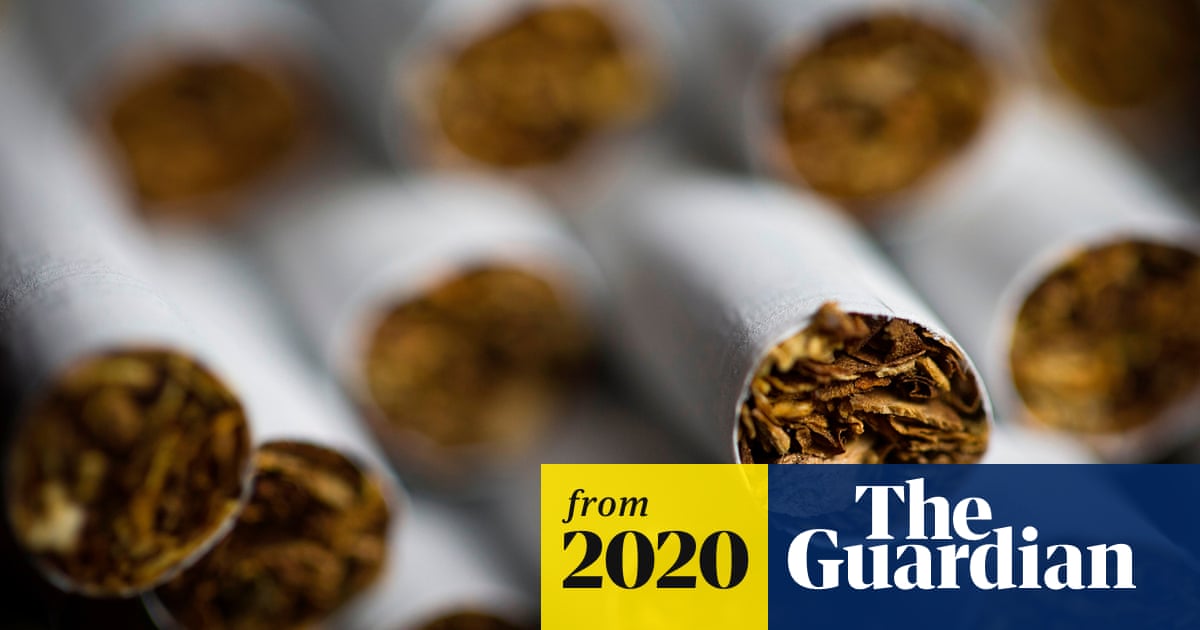C
Cathoholic
Guest
2/2 . . .
Using common sense and understanding what Dr. Agarwal taught us, you can see why giving these patients hydroxychloroquine, might be too little too late (which may explain WHY the hydroxychloroquine PLUS azithromycin group fared better).
The patients who received neither, of course were judged to NEED neither. They probably received some other antibiotic though as they were sick enough, that at least SOME of them died.
The model for this study did not follow Dr. Agarwal’s EARLY intervention recomendation with hydroxychloroquine AND azithromycin.
The hydroxychloroquine group was the worst but also had the worst lymphopenia (lowered white blood cell counts of the types of cells that help fight viruses).
So in a sense they started out behind the proverbial 8-ball to begin with.
I cannot confirm this yet (I heard it reported, but I did not save the link), but I understand some of the VA patients did not get the hydroxychloroquine until they were almost dead. Until they were on the ventilators.
Dr. Agarwal from the CDC recomends EARLY intervention. Not LATE as the VA study did.
This video segment skips right to his recomendation.
The reason is obvious.
Because if it BLOCKS COVID19 virus from getting into the cell (as he stated it does), then early treatent is almost necessary.
And with that much damage already going on, to withold an antibiotic (azithromycin or any other antibiotic would not make sense either. Remember. The non-azithromycin group does not equal NO ANTIBIOTIC. They almost certainly received other antibiotics. I read the study and do not recall them reporting which ones were used but with patients dying of pnemonia, I can’t imagine they let them die, without SOMETHING of an antibiotic!)
So treating the patients AFTER the virus is ALREADY IN the cell in a widespread manner (as this VA study did) makes less sense.
Which is probably WHY the authors recomended further studies are necessary here.
In summary: There is no evidence against usage of hydroxychloroquine in patients with COVID19.
Furthermore, this study was not applicable to the recomended usage in COVID19 actively infected patients, that is EARLY intervention.
Using common sense and understanding what Dr. Agarwal taught us, you can see why giving these patients hydroxychloroquine, might be too little too late (which may explain WHY the hydroxychloroquine PLUS azithromycin group fared better).
The patients who received neither, of course were judged to NEED neither. They probably received some other antibiotic though as they were sick enough, that at least SOME of them died.
The model for this study did not follow Dr. Agarwal’s EARLY intervention recomendation with hydroxychloroquine AND azithromycin.
The hydroxychloroquine group was the worst but also had the worst lymphopenia (lowered white blood cell counts of the types of cells that help fight viruses).
So in a sense they started out behind the proverbial 8-ball to begin with.
I cannot confirm this yet (I heard it reported, but I did not save the link), but I understand some of the VA patients did not get the hydroxychloroquine until they were almost dead. Until they were on the ventilators.
Dr. Agarwal from the CDC recomends EARLY intervention. Not LATE as the VA study did.
This video segment skips right to his recomendation.
Emphasis mine.This drug should be given at this point, EARLY in patients with COVID19 infection.
The reason is obvious.
Because if it BLOCKS COVID19 virus from getting into the cell (as he stated it does), then early treatent is almost necessary.
And with that much damage already going on, to withold an antibiotic (azithromycin or any other antibiotic would not make sense either. Remember. The non-azithromycin group does not equal NO ANTIBIOTIC. They almost certainly received other antibiotics. I read the study and do not recall them reporting which ones were used but with patients dying of pnemonia, I can’t imagine they let them die, without SOMETHING of an antibiotic!)
So treating the patients AFTER the virus is ALREADY IN the cell in a widespread manner (as this VA study did) makes less sense.
Which is probably WHY the authors recomended further studies are necessary here.
In summary: There is no evidence against usage of hydroxychloroquine in patients with COVID19.
Furthermore, this study was not applicable to the recomended usage in COVID19 actively infected patients, that is EARLY intervention.
Last edited:

